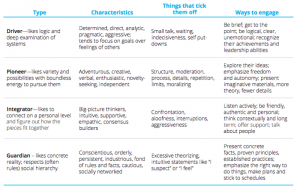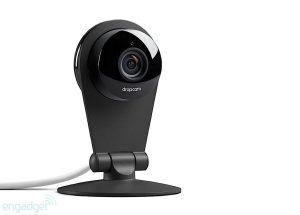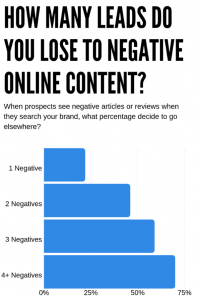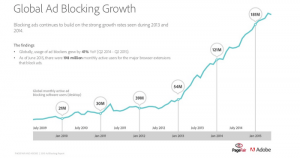You’re not hallucinating. Ozempic is everywhere.
The diabetes medication, which can also be used for long-term weight management, has become a near-overnight sensation, moving from hushed Hollywood diet aid to the mainstream. Ozempic is now on the cover of magazines, the lips of comedians, and in TV ads and unpaid social media posts.
This week, the injectable medication made its way to New York City subways via an ad campaign from telehealth company Ro, which recently started offering Wegovy and other GLP-1 agonists to its patients online.

Ozempic and other medications of its type—called GLP-1 agonists or semaglutides—were approved by the FDA in 2020, intended for adults with type 2 diabetes. But they have become popular for their off-label use as appetite suppressants, with celebrities from Elon Musk to Kim Kardashian (reportedly) using them for rapid weight loss in a short time period. No long-term studies have been done on the off-label use of the drugs, and some experts say the risks of taking them may outweigh their benefits for people who do not have obesity. The side effects of Ozempic and the semaglutide Wegovy include nausea, vomiting, and diarrhea. That hasn’t stopped teleheath companies and others from cashing in on the drugs’ pop-culture ubiquity.
The vetting process for a Ozempic prescription at Ro is robust: Patients fill out forms about their medical history and goals before taking an at-home metabolic health lab test (this can also be completed at a Quest Diagnostics location). Ro says the metabolic health lab test gives its doctors a more accurate picture of a patient’s health than the Body Mass Index number that most providers use to measure if a patient meets the threshold for prescription. Qualifying patients can get a prescription, and Ro works with their insurance to get it covered. If they don’t qualify, they might be able to get a prescription for Plenity, a weight-loss pill (also available on Ro’s platform) that makes patients feel fuller during a meal when they take it before eating.
Taglines on the Ro posters in New York City’s subway stations read, “A Weekly Shot to Lose Weight” with “coaching care, and healthy lifestyle changes to make it last.” Other copy mentions that the medication is only for qualifying patients but doesn’t specify the conditions necessary to get a prescription: “Medication for weight loss is not cheating. It’s not a shortcut. And it’s nothing to feel guilty about. It’s a medication for a condition, and if it’s right for you it could be life changing.”
Ro is not the only telehealth company capitalizing on Ozempic’s new fame. Other companies that offer semaglutides, including Calibrate, Plushcare, and Next Medical, have used paid Google ads that show up when users type “Ozempic weight loss” into their search bar. Even weight-loss stalwart WeightWatchers says that it is planning to start offering Ozempic prescriptions via telehealth consultations. The company recently acquired telehealth platform Sequence, which connects patients with doctors who can prescribe the drugs.
Telehealth companies could see a big windfall from offering semaglutide prescriptions. Patients often take the medications, which include Wegovy, Ozempic, and Mounjaro, for life, giving companies a recurring revenue source. Ro sells other medication for chronic conditions, including erectile dysfunction and acne.
Dr. Heather Martin, medical director of the primary care program at K Health, another telemedicine company, has seen an uptick in interest in Ozempic, thanks to word of mouth and social media. “Ozempic can be viewed as a shortcut to weight loss; that’s why patient education is important,” she says, adding that the benefits of the drug do not outweigh the risks for patients who do not qualify for the FDA-approved use.
That hasn’t deterred many people in Hollywood from using—and talking up—the drug. While the body-positivity movement has made strides, and plus-size models are currently on the cover of British Vogue, thinner bodies were on full display on the champagne carpet at the Oscars last Sunday.
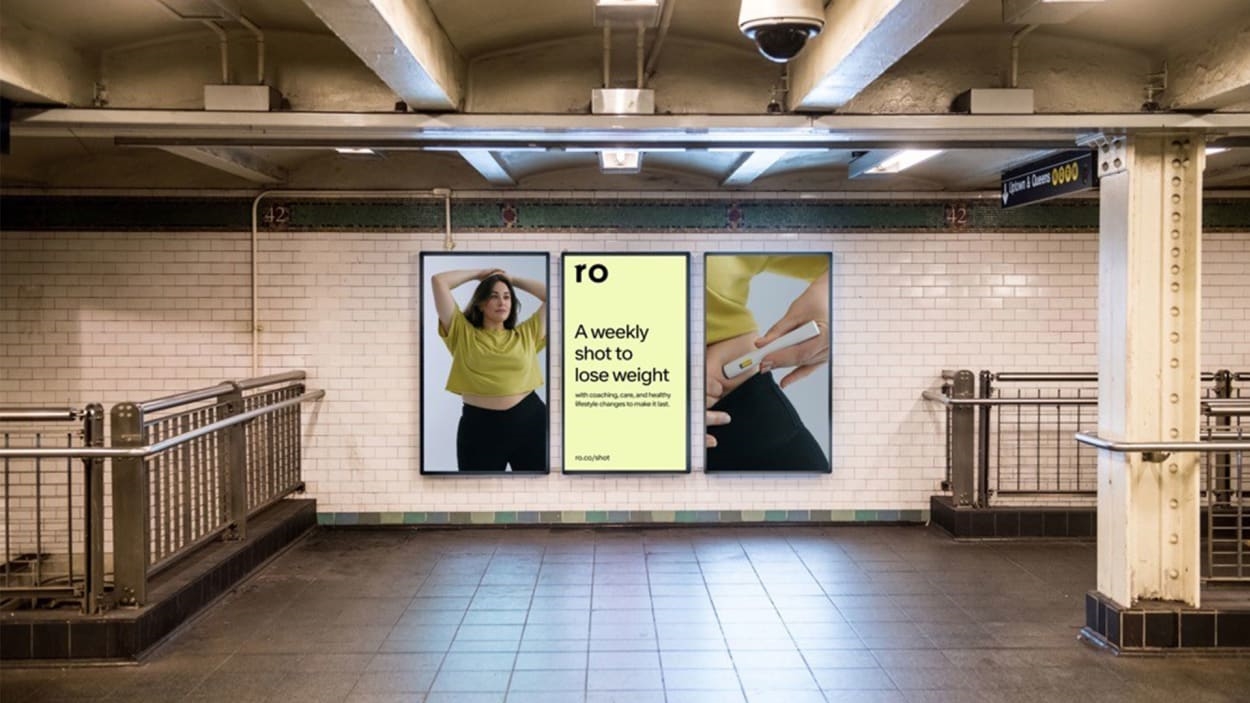
Host Jimmy Kimmel even included a joke in his opening monologue: “When I look around this room, I can’t help but wonder, ‘Is Ozempic right for me?’”
(9)
Report Post

